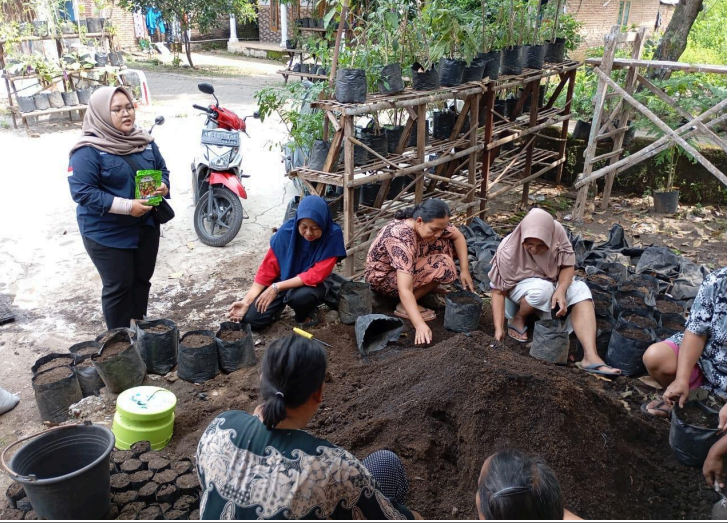P4G Call for Partnership Applications
About the P4G Call for Partnerships
P4G is now accepting applications for partnerships working on climate mitigation or adaptation solutions in the areas of food, energy and water. Partnerships must comprise at least one early-stage business and one nonprofit organization implementing in one of P4G’s ODA-eligible partner countries: Colombia, Ethiopia, Indonesia, Kenya, South Africa and Vietnam. Applicants must provide services or products that contribute to poverty alleviation, gender equity and economic growth in one of the following sub-sectors: climate-smart agriculture, food loss and waste, water resilience, zero emission mobility and renewable energy.
P4G will provide grant funding and technical assistance to help the early-stage business in the partnership become investment ready.
Applications submitted to P4G are always free. P4G does not have contracts with any third parties who charge editorial services for drafting applications. We advise applicants to review information and resources provided directly by P4G. An external Independent Grants Committee makes all final funding decisions.
Eligibility Criteria
Applicants must meet all ten eligibility criteria to submit a concept note and be considered for evaluation. You can find more details about the eligibility criteria in the Partnership Guidelines.
- Partnership commitment: Comprise at least one early-stage climate business and one nonprofit administrative partner
- Experience and track record: Demonstrate across their partners country, sectoral, policy & regulatory environment, business, financial, social, environmental development and grant management knowledge, skills and expertise
- Sector and countries: Implement in P4G’s ODA-eligible partner countries and focus sub-sectors including climate smart agriculture, food loss and waste, water resilience, zero emissions mobility and renewable energy
- Investability: Be at the seed or post-seed financing stage with a robust business plan and a defined path to commercialization or raise capital
- Enabling system: Possess a clear understanding of policy, legal/regulatory frameworks in the country of implementation
- Additionality: Climate business solution is innovative in that it is substantially improved when compared to the state of the art in that industry and in the relevant country of operation
- Impact: Show climate, economic growth, poverty reduction, gender and development impact
- Budget: Include cost share of at least 30%, that is not in-kind and must meet mandatory activities and budget line items
- Responsible business conduct: Not have activities that are in P4G’s exclusion list and must either demonstrate their ESG plan or include a plan to develop one
- Due diligence: The two lead institutions demonstrate the ability to meet organizational due diligence requirements
Application and Selection Process
P4G will have a year-round open application process with specific evaluation and decision periods twice per year. Partnerships should apply by 23:59 EST on March 7, 2025, to be considered for the next funding round, but we encourage partnerships to apply as soon as they are ready.
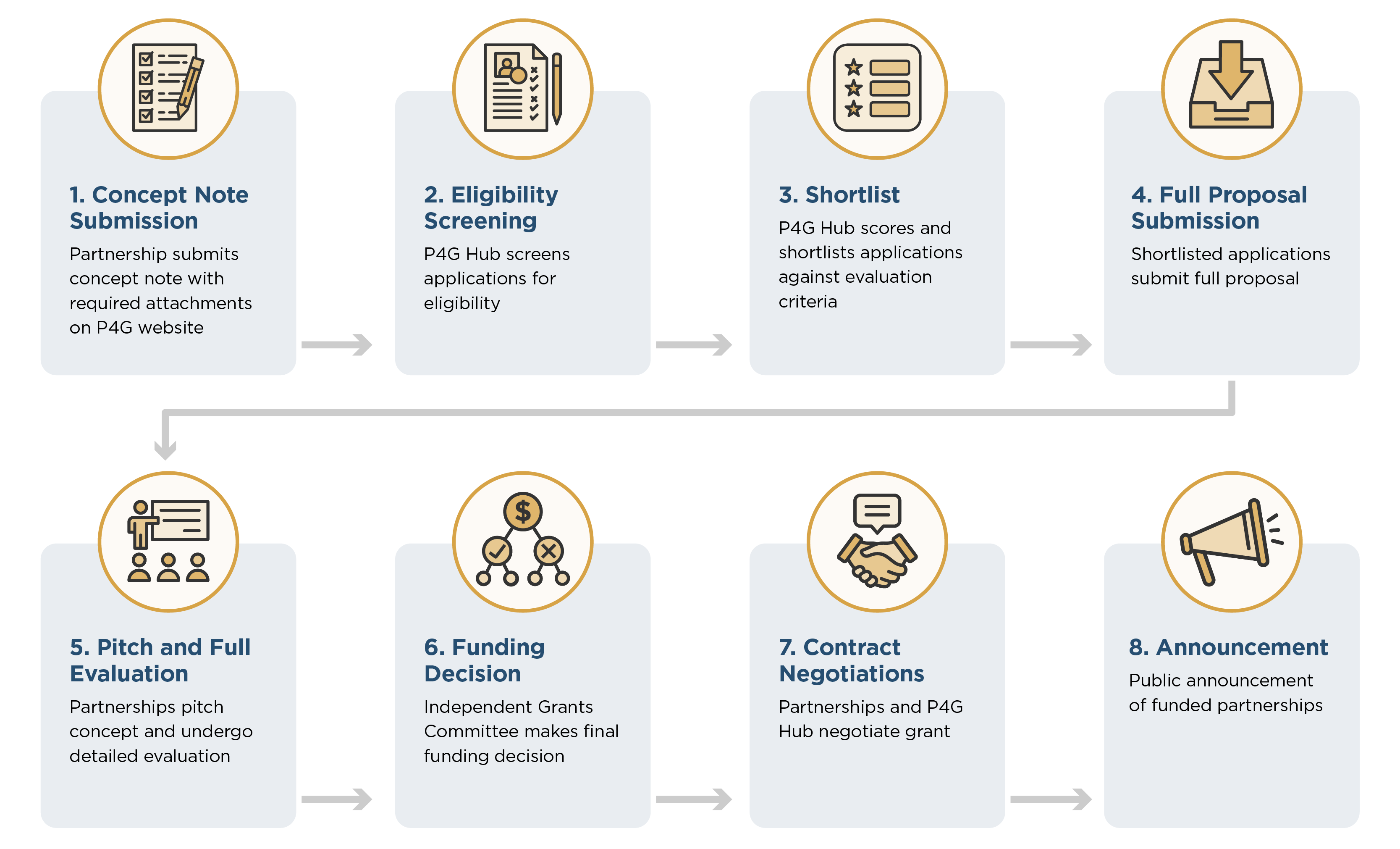
Evaluation Criteria

Partnerships will be evaluated on four criteria. Each criteria will be scored between 0-10 and only applications with an overall grade of 7 will be invited to pitch and move to the full assessment. Full scoring criteria and scale are available in the P4G Partnerships Guidelines.
P4G Partnership Support
P4G partnerships will receive grants between US $100,000 - 300,000 to implement in a period of 18-24 months. They will also benefit from technical assistance, including due diligence and gap analysis of partnership business models, political engagement for contributing to enabling systems, business matchmaking sessions, knowledge mobilization and communication, and introductions to intermediary investment facilities providing a finance bridge to scale partnership operations.
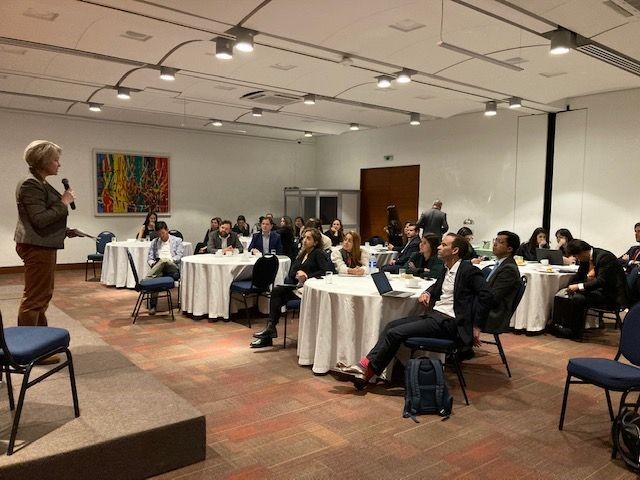
Have more questions? You can check out the resources below.
Important Resources
P4G Partnership Guidelines - Applicants should read through the full guidelines to understand the requirements to be a P4G partnership.
Required Materials:
P4G Concept Note Template - Applicants should use this template to prepare answers before submitting the application at the above link.
P4G Capitalization Table Template - Applicants should use this template to list the equity partners in the lead early-stage business.
Summary Budget and Other Financial Information Template - Applicants should use this template for financial information that must be attached to the Concept Note submission.
Workplan, Budget and M&E - This document will only be requested for shortlisted applicants.
Theory of Change template - Shortlisted applicants should use this template to develop the partnership´s ToC that must be attached to the full proposal submission.
Additional Materials:
Partnership Charter Template - Guide template to be used if required (note that this is not a prescriptive document)
P4G's Guidance on Knowledge Products
P4G Call for Applications Webinar Presentation
Check out these examples of successful P4G partnerships.
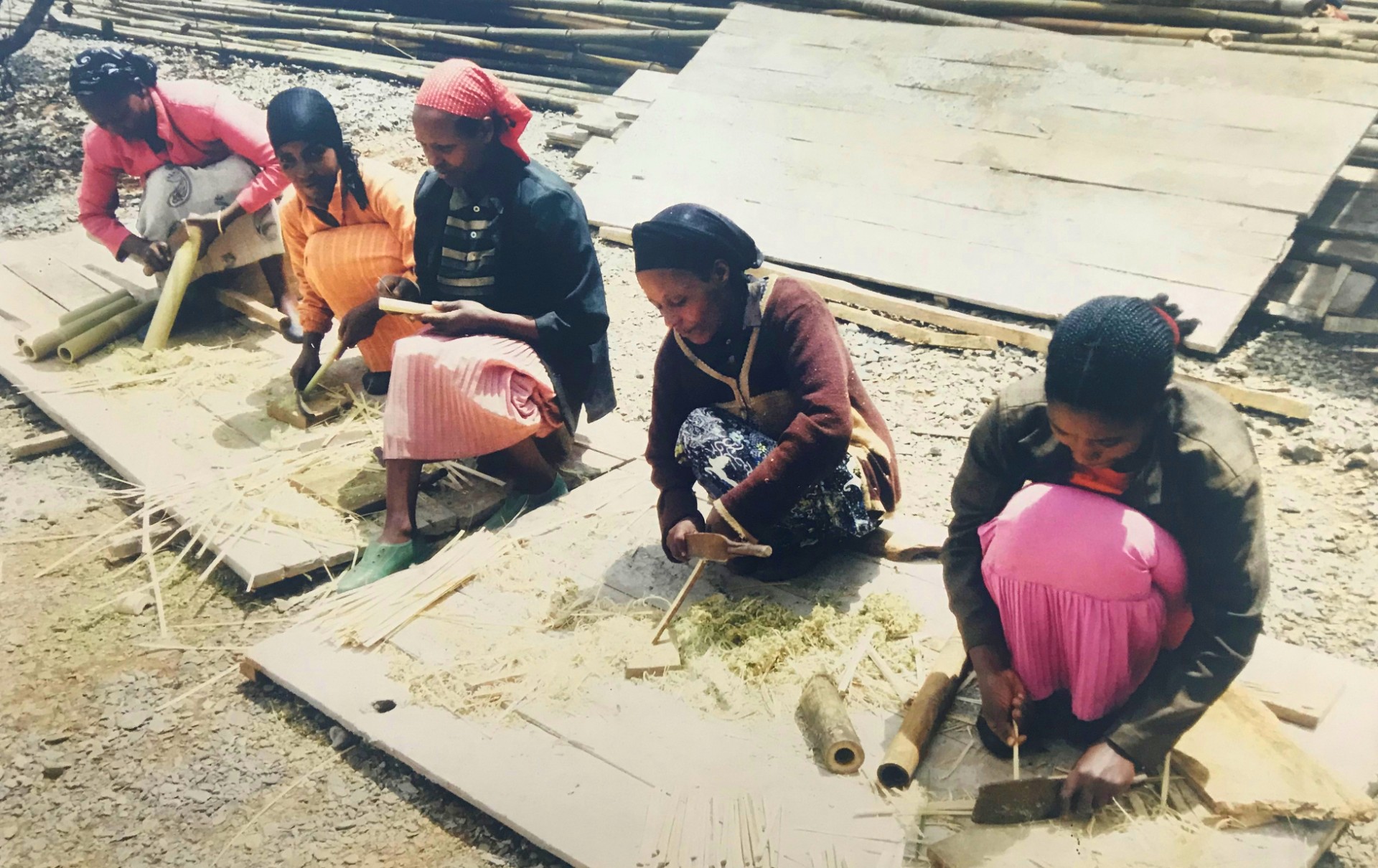
African Bamboo - Solidaridad East Africa
This partnership enables the large-scale production of sustainable building materials from renewable bamboo sources.
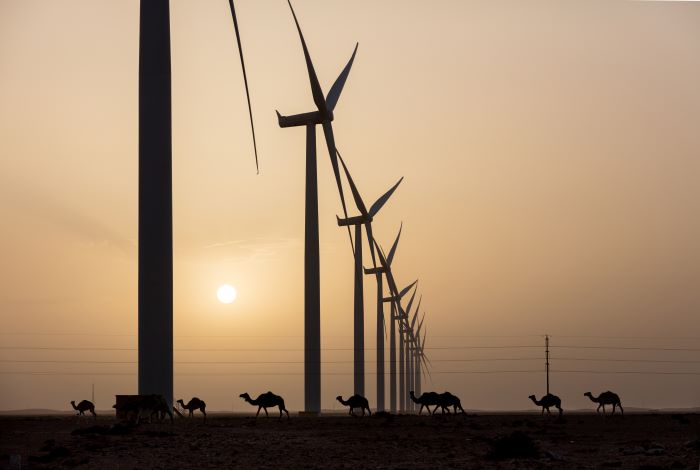
Africa GreenCo
Africa GreenCo is a creditworthy renewable energy buyer and seller that reduces energy prices and expands renewable energy supply across southern Africa.
WasteX - Bina Tani Sejahtera
This partnership offers farms and mills in Indonesia a biochar solution that repurposes agricultural waste and improves soil health and farmer incomes.
